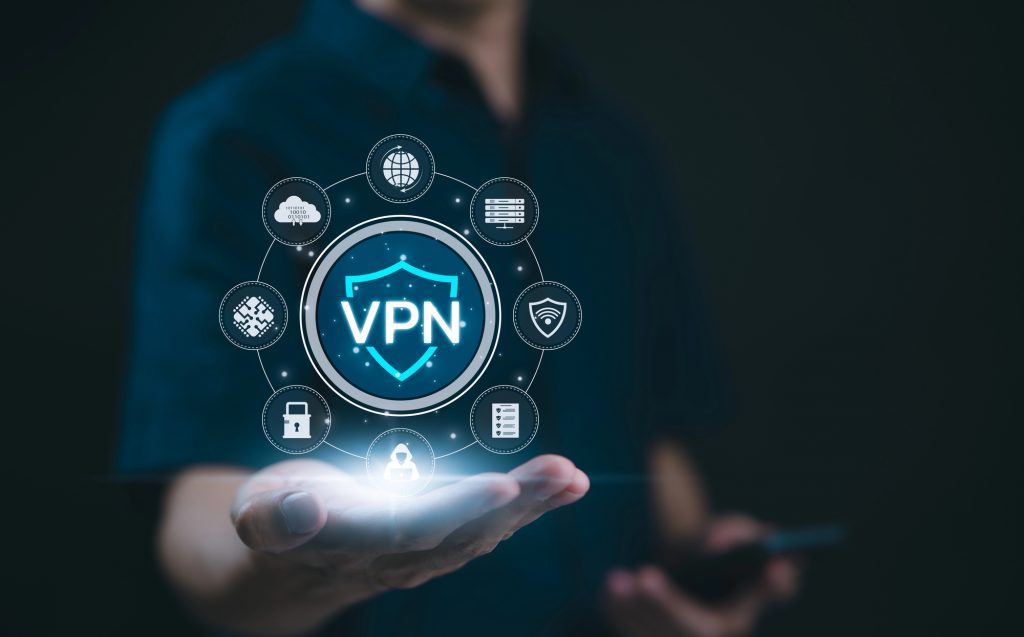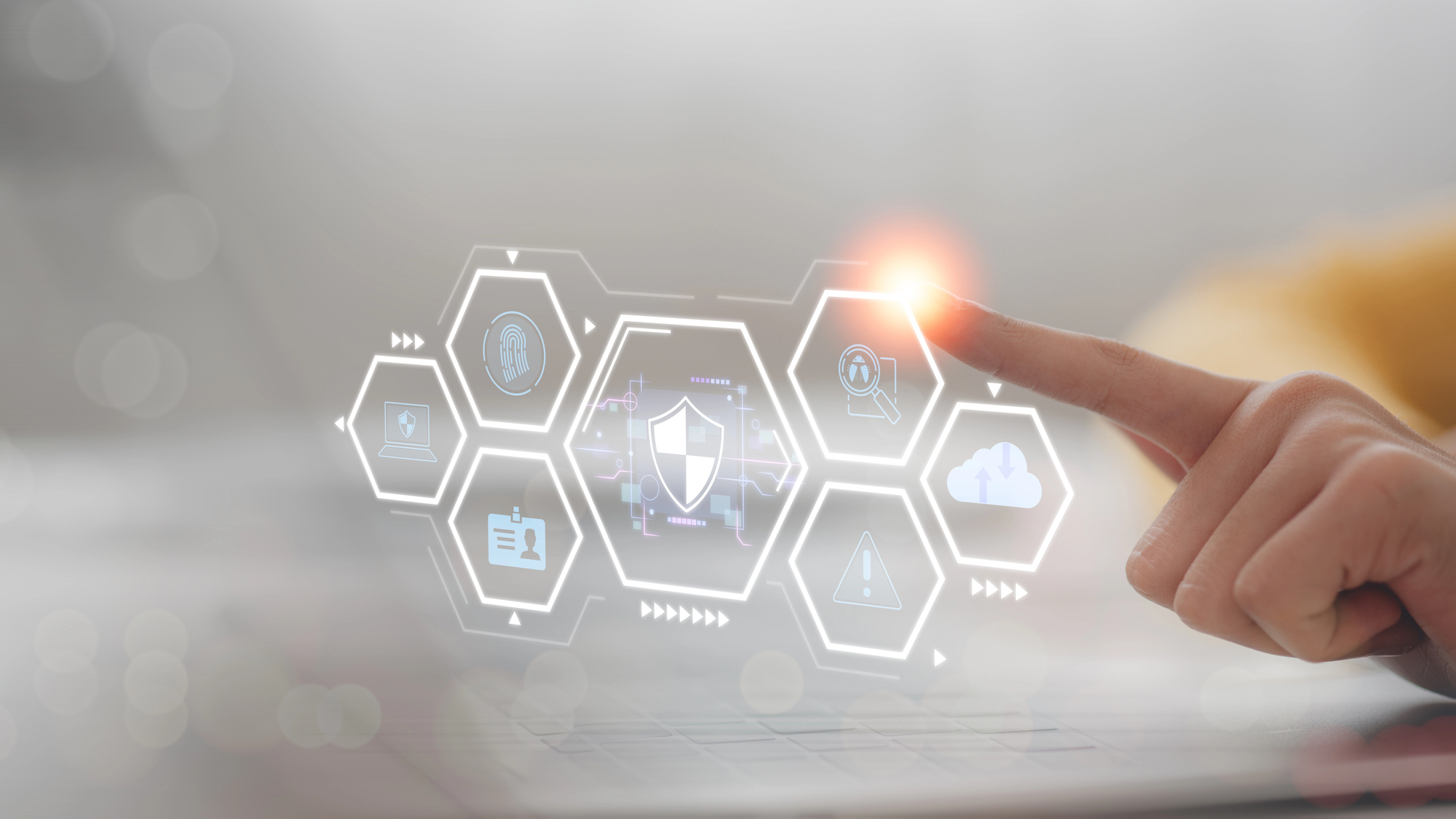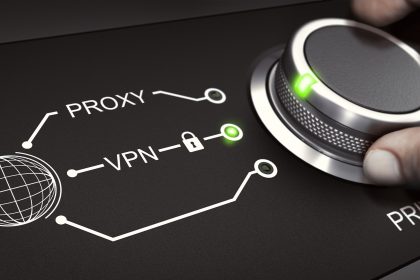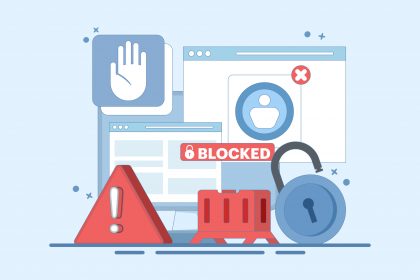In the digital age, ensuring online privacy and security is paramount. Many users are faced with the decision of whether to use a proxy or a VPN to protect their internet activity. Understanding the key differences between a proxy vs a VPN, their various use cases, and the levels of security they provide is crucial for making an informed choice. This article aims to demystify the differences between proxies and VPNs, helping you decide which tool best suits your needs.
What is a Proxy Server?
A proxy server is essentially a gateway between you and the internet. When you use a proxy server, your web traffic is routed through it before reaching its destination. This process makes it appear as though the requests are coming from the proxy server rather than your own device. This can be useful for bypassing geographical restrictions or accessing content that may be blocked in your region. However, it is important to note that not all proxies provide the same level of security or privacy as a VPN.
Types of Proxies
There are several types of proxy servers, each with its own characteristics and use cases. Understanding the differences between these types is crucial when deciding whether to use a proxy. Some common types are described in the table below:
| Proxy Type | Description |
| HTTP Proxy | Designed for web traffic. |
| SOCKS5 Proxy | Handles various types of traffic. |
| Transparent Proxy | Doesn’t hide the fact that you’re using a proxy. |
Transparent Proxies
Transparent proxies are a type of proxy server that doesn’t hide the fact that you are using a proxy. In other words, websites can still detect your IP address and know that your connection is going through a proxy server. These proxies are often used by organizations like schools or workplaces to monitor or filter internet traffic. They provide minimal privacy and security benefits, as they don’t encrypt your traffic or effectively hide your IP address. Therefore, if privacy and security are your primary concerns, a transparent proxy might not be the best choice.
SOCKS5 Proxies
SOCKS5 proxies are more versatile than HTTP proxies because they can handle any type of internet traffic, including email, FTP, and P2P file sharing. This type of proxy acts as an intermediary between your device and a server, routing your internet traffic through the SOCKS5 proxy server. One of the benefits of using a SOCKS5 proxy is that it doesn’t inspect the traffic it’s forwarding, offering a degree of anonymity. However, it’s important to note that SOCKS5 proxies typically don’t encrypt traffic, so your data may not be fully protected.
Free Proxy Servers
Free proxy servers are readily available and may seem like an attractive option for those looking to hide their IP address or bypass geo-restrictions without incurring any cost. However, it’s important to exercise caution when using free proxies. Many free proxy servers are unreliable and may expose you to security risks. They might log your data, inject ads into your browsing sessions, or even contain malware. For enhanced privacy and security, it’s advisable to consider using a reputable VPN provider.
VPNs: An Overview

What is a VPN?
A Virtual Private Network, commonly known as a VPN, extends a private network across a public network, enabling users to send and receive data as if their devices were directly connected to the private network. Think of it as creating a secure tunnel for your internet traffic. When you use a VPN, your IP address is hidden, and your internet activity is encrypted, providing a higher level of privacy and security than using a proxy. The primary goal of a VPN service is to establish a secure and encrypted connection, ensuring that your data remains protected from prying eyes. Therefore, a VPN is generally seen as a more robust option.
How VPNs Work
When you use a VPN, your internet traffic is routed through a VPN server operated by the VPN provider. The VPN app on your device encrypts your data before it leaves your device, and this encrypted traffic travels through a secure tunnel to the VPN server. The VPN server then decrypts the data and sends it on to its destination. This process ensures that your data remains confidential and protected from eavesdropping. By routing your traffic through a VPN server in a different location, you can also hide your IP address and appear to be browsing from that location. This mechanism is particularly useful for accessing geo-restricted content.
Encryption in VPNs
Encryption is a critical component of how VPNs ensure privacy and security. When you’re connected to a VPN, all of your internet traffic is encrypted, meaning it’s converted into an unreadable format that is extremely difficult for unauthorized parties to decipher. This encryption process protects your sensitive data, such as passwords, financial information, and browsing history, from being intercepted by hackers, snoopers, or even your internet service provider. While some proxies don’t use encryption, a VPN’s encryption protocols, such as AES-256, are crucial for maintaining a secure and private online experience. Therefore, if privacy and security is a priority, a VPN is better.
Proxy vs VPN: Key Differences
Main Difference Between a Proxy and a VPN
The main difference between a proxy and a VPN lies in the extent of security and privacy they offer. A proxy is more focused on IP address masking, while a VPN prioritizes both IP address masking and encryption. A proxy server acts as an intermediary server, primarily to hide your IP address by routing your internet traffic through the proxy server. While this can provide a degree of anonymity, especially when accessing geo-restricted content, proxies typically don’t encrypt your internet traffic. On the other hand, a VPN, or Virtual Private Network, creates a secure tunnel for your data, encrypting all of your internet traffic and providing a much higher level of privacy and security.
Differences in Functionality
The differences between proxies and VPNs extend to their functionality. A proxy generally works at the application level, meaning it only handles the traffic from a specific application, such as your web browser. This contrasts with a VPN, which operates at the operating system level, encrypting and routing all of your device’s internet traffic. A VPN service provides broader protection compared to what a proxy may. When you use a proxy, only your web browsing activity might be hidden, while your other online activities remain exposed. With a VPN, every application on your device that uses the internet benefits from the encryption and IP address masking.
Privacy and Security Aspects
Regarding privacy and security, VPNs offer a significant advantage over proxies. While both proxies and VPNs can hide your IP address, a VPN’s encryption capabilities ensure that your data remains confidential and protected from prying eyes. If privacy and security are your primary concerns, a VPN is better, as a VPN provider will ensure security, in contrast to a free proxy server. This encryption is vital for protecting sensitive information such as passwords, financial data, and personal communications. Some types of proxies, like transparent proxies, don’t even hide the fact that you’re using a proxy, while free proxies can pose security risks due to their often unreliable nature and potential for logging your data.
Use Cases for Proxies and VPNs
When to Use a Proxy
Consider using a proxy if your primary need is to bypass geographical restrictions or access content that is blocked in your region. However, remember that a proxy may not encrypt your internet traffic, so it’s not the best choice for protecting sensitive data. Consider using free proxies for temporary and non-critical tasks. A proxy server can hide your IP address, making it appear as though you are browsing from a different location, for example, using a forward proxy. This can be useful for accessing streaming services or websites that are only available in certain countries.
When to Use a VPN
A VPN is generally recommended when privacy and security are a priority. If you’re connected to a VPN, your internet traffic is encrypted, protecting your sensitive data from hackers and snoopers. It can be very useful when using public Wi-Fi networks, as these are often unsecured and vulnerable to attacks. Moreover, a VPN can hide your IP address, providing an additional layer of privacy. Using a VPN is especially beneficial for journalists, activists, or anyone who needs to protect their online activity from surveillance, as a VPN provider ensures security, unlike free proxies.
Do You Need Both a VPN and a Proxy?
In most cases, using both a VPN and a proxy is not necessary for the average user. A VPN provides a higher level of security and privacy than a proxy, making it the preferred choice for most situations. However, in certain niche scenarios, combining VPNs and proxy servers can offer additional benefits. For example, you might use a proxy in conjunction with a VPN to bypass certain types of restrictions or to further obfuscate your traffic. It is crucial to assess whether your usage warrants the additional complexity and potential slowdown of using both.
Conclusion: Which One Should You Use?
Assessing Your Privacy Needs
Before deciding whether to use a VPN or a proxy, it’s important to assess your specific privacy needs. Ask yourself what you’re trying to protect and from whom. If you need to protect sensitive data and ensure that your internet activity remains private and secure, using a VPN is the better choice. If you simply want to bypass geo-restrictions or hide your IP address for casual browsing, a proxy might suffice.
Choosing the Right Tool for Your Use Case
The right tool depends entirely on your specific use case. If you’re a casual internet user who occasionally wants to access geo-restricted content, a proxy may be sufficient. However, if you’re concerned about privacy and security, especially when using public Wi-Fi or handling sensitive data, a VPN is the more appropriate choice.
Final Thoughts on Proxy vs VPN
Ultimately, the choice between a VPN and a proxy depends on your individual needs and priorities. A VPN provides a much higher level of security and privacy by encrypting your internet traffic and protecting your data from prying eyes. A proxy is a simpler tool that can be useful for basic IP address masking and bypassing geo-restrictions.











